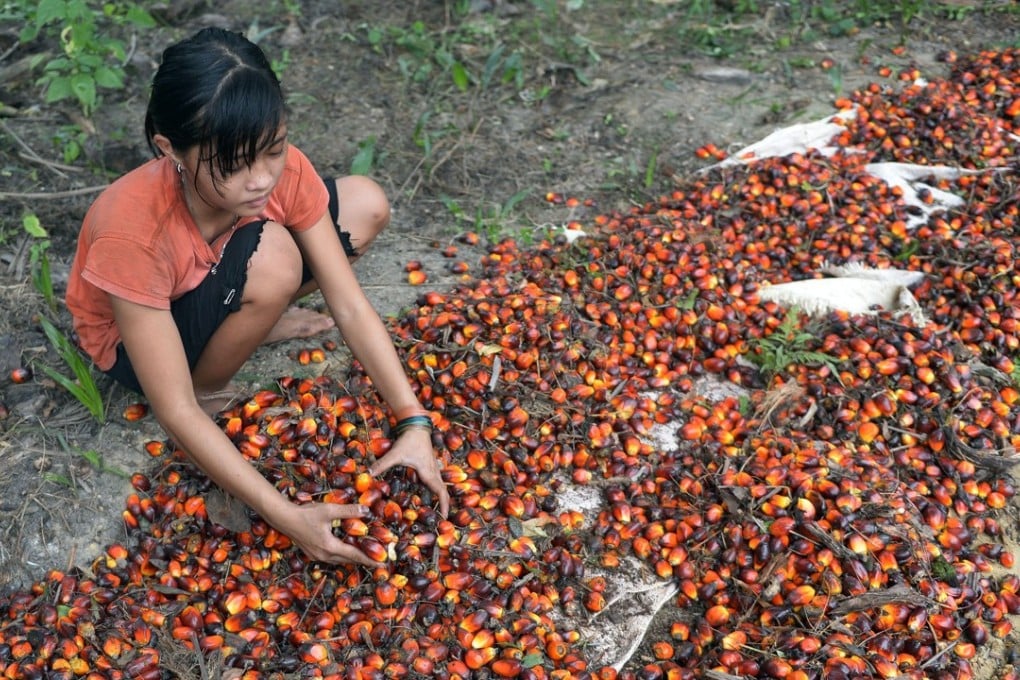Palm oil is cheap, but it’s also an eco-disaster
With Southeast Asian economies in the balance – especially Indonesia and Malaysia – the fruit producers must address growing concerns about environmental and employee abuses without losing their competitive edge

The latest crisis to face the industry’s reputation came this week as European Union lawmakers on Wednesday agreed to draft measures that seek to phase out the use of palm oil as biofuel by 2021. The move sparked fear in smallholders, who account for about 40 per cent of global palm oil production. Hundreds took to the streets in Kuala Lumpur this week to protest against the EU’s changes, saying the decision threatens their livelihoods.
“Our palm oil trees empower us as indigenous peoples,” said the Dayak Oil Palm Producers Association. “Your discrimination against palm oil is hurting us.”
The Roundtable for Sustainable Palm Oil (RSPO), an association with thousands of member organisations currently based in Kuala Lumpur, is reviewing its Principles and Criteria, a set of standards that cover social and environmental issues that growers must comply with to get their palm oil certified. The new regulations will be approved in November of next year.